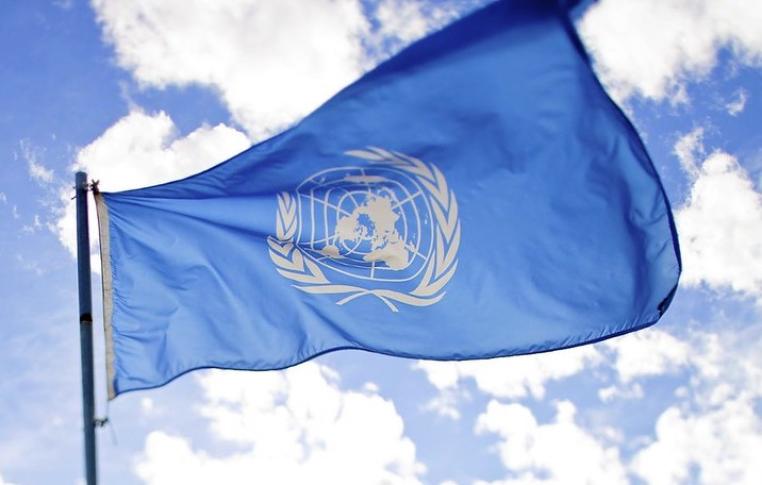
The UN Office of the Secretary-General has recently opened a process for the selection of the new Envoy on Technology. This is a high-level post at the Under-Secretary-General level, based in New York.
The Association for Progressive Communications (APC) welcomes the opening of this process, since we consider this a critical position for UN work on digital technologies, which has been impacted since the former Envoy, Fabrizio Hochschild, was put on leave pending investigation by the UN into harassment allegations against him.
During this interim, the Tech Envoy’s office staff and its Officer-in-Charge, Maria-Francesca Spatolisano, have continued to build on the recommendations of the UN Secretary-General’s Roadmap on Digital Cooperation. We recognise their efforts in seeking to provide visibility and coordination to the multistakeholder roundtables that contribute to the implementation of the Roadmap.
We consider, however, that dedicated leadership will be crucial to ensure the success of the Tech Envoy’s mandate “to advise the senior leadership of the United Nations on key trends in technology, so as to guide the strategic approach taken by the Organization on such issues. The Envoy will also serve as an advocate and focal point for digital cooperation – so that Member States, the technology industry, civil society and other stakeholders will have a first port of call for the broader United Nations system.”
APC sees the Tech Envoy's role as central to promoting improved coordination and synergy among different spaces and processes concerning internet governance and global digital cooperation. We believe the role offers a unique opportunity to make significant progress in the application of the multistakeholder principles and approach by bringing together member states, the technology industry, civil society and other stakeholders to work with the mandate.
It is important that qualified candidates apply for this position and that the selection process is completed with openness, transparency and engagement of the diverse stakeholders, in alignment with multistakeholder principles
In the past, and in partnership with other stakeholders, we have emphasised our vision that the Tech Envoy should be:
-
A respected convenor – experienced in the multistakeholder approach for policy development and possessing a solid understanding of the UN, UN bodies and agencies, and its mandates, as well as demonstrated ability to harness these competencies to foster collaboration, cooperation and inclusive dialogue among internal and external stakeholders in the digital cooperation process.
-
Someone committed to human rights – ensuring that UN General Assembly Resolution A/HRC/32/L.20 on “the promotion, protection and enjoyment of human rights on the Internet” is a key consideration throughout the digital cooperation process. This includes supporting and promoting access to a free, open and secure internet and digital technologies as enablers of human rights.
-
Technically competent – with strong familiarity with the internet architecture and infrastructure that support an open, global and interoperable internet. The position of Tech Envoy also requires an understanding of the processes and actors participating in internet standards-making processes; demonstrable ability to work and collaborate with the wide range of stakeholders participating in these processes; demonstrable appreciation of the roles and responsibilities of actors participating in the development and evolution of the internet; demonstrable knowledge of the complex interdependencies of technical and policy considerations; and an understanding of emerging technologies and the complex policy considerations they entail.
-
An inclusive negotiator and collaborator – demonstrating willingness to respect the heritage of the World Summit on the Information Society (WSIS), i.e. a commitment to leading open and inclusive engagement with non-governmental stakeholders.
APC stands ready to support the new mandate holder, and looks forward to working collaboratively and constructively together to foster a prompt, effective and inclusive implementation of the Roadmap. We are currently key constituents of the thematic roundtables on digital cooperation and human rights.
The challenges ahead are many, with the COVID-19 recovery to come, acceleration of digital transformation, constant developments in emerging technologies, and various persistent and emerging challenges of the digital age, including the environmental crisis. The world needs improved internet governance and global digital cooperation, and APC believes the UN has much to contribute to promoting ecosystems that are human-centred, gender-sensitive and rights-conducive, and that promote the internet as a commons.